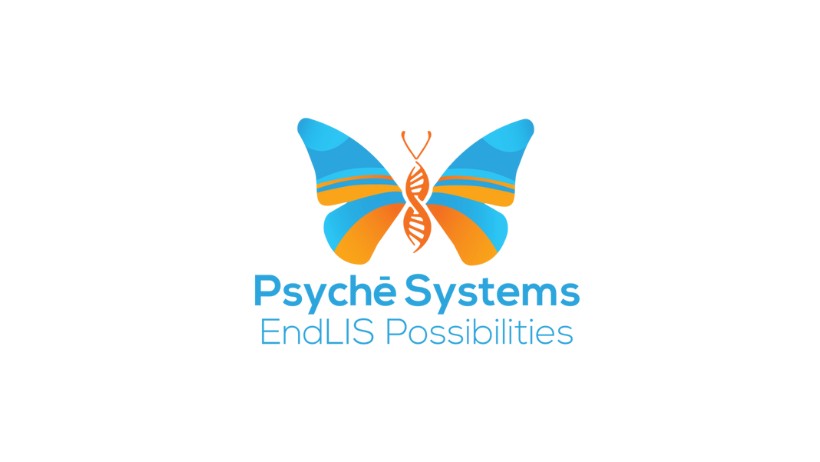
To properly diagnose and treat patients, medical providers rely heavily on local laboratories. One area that requires critical diagnosis is gastrointestinal testing. Local laboratories are meeting the growing demand for gastrointestinal diagnostic testing through the use of comprehensive GI testing lab software.
Like other fields of medicine, GI issues can be categorized as either minor or major. However, regardless of the severity, many of these GI disorders require comprehensive clinical testing to achieve a timely diagnosis.
If you’re a local laboratory looking to include gastrointestinal diagnostic testing in order to provide better patient care, you need the right software to get the testing off the ground.
An Overview of Gastrointestinal Diagnostic Testing
What is gastrointestinal diagnostic testing? Gastrointestinal diagnostic testing, commonly referred to as GI disorder testing, is used to detect, diagnose, and develop treatment plans for various GI-related conditions. Whether the condition is relatively minor or in need of urgent medical care, GI diagnostic testing can show inconsistencies in a patient’s GI tract, as well as the progression of certain GI disorders.
Types of Gastrointestinal Testing
Gastrointestinal testing can be conducted in several ways, including both invasive and non-invasive procedures and tests. These include ultrasound testing, capsule endoscopy, barium enema, endoscopic retrograde cholangiopancreatography, barium swallow testing, gastroscopy, colonoscopy, and anorectal manometry testing.
All of these tests have the ability to determine whether or not a patient is currently suffering a GI disorder, or if they have a predisposition that makes them more likely to develop one later on.
Screening/Testing for Upper and Lower GI Tract Disorders
GI disorders can affect either one or both of the GI tracts. As such, local laboratories can determine whether or not they want to provide testing options for diseases that affect one specific GI tract or both.
Disorders that affect the lower GI tract often have late digestion and excretion symptoms, whereas problems with the upper GI tract tend to affect the early stages of digestion, as well as chewing and swallowing.
Testing for Inflammatory Bowel Disease
Inflammatory bowel disease, or IBD, is another common GI disorder that results in chronic and often severe inflammation along a person’s digestive tract. However, many different GI-related issues such as ulcerative colitis and Crohn’s disease are also categorized under IBD, though they require two distinct types of gastrointestinal diagnostic testing.
This is why laboratories looking to serve this population need precise GI testing to detect, diagnose, and treat patients suffering from IBD. Stool testing is one of the most accurate methods of testing for IBD, Crohn’s disease, and ulcerative colitis. However, other commonly used tests to diagnose and treat these ailments include SED rate testing, IBD differentiation panel, and a C-reactive protein test.
Celiac Disease Screening and Testing
Effective and comprehensive GI screening can also detect the presence of Celiac disease, as well as whether or not a person is at risk of developing it. These tests usually include HLA typing for celiac disease, a tissue transglutaminase antibody test, and a detailed diagnostic panel.
Screening and Diagnostic Testing for Intestinal Cancer
The earlier a doctor detects cancer, the better the outcome the patient will likely have. Case in point: the survival rate for colorectal cancer is 90% if caught and treated within the first five years of development. This scenario is just one of the many benefits of local lab testing and screening for various intestinal cancers. With proper screening, labs can offer doctors more options to effectively treat their cancer patients.
Infectious Diarrheal Issues
Unfortunately, in most cases, patients don’t always realize how severe their infectious diarrheal issues are until they undergo proper GI testing. In order to diagnose and treat these common GI-related issues, doctors often require patients to submit to a stool diagnostic test. This is a great testing option for local laboratories looking to offer GI testing lab software, since it’s low-risk and non-invasive for patients.